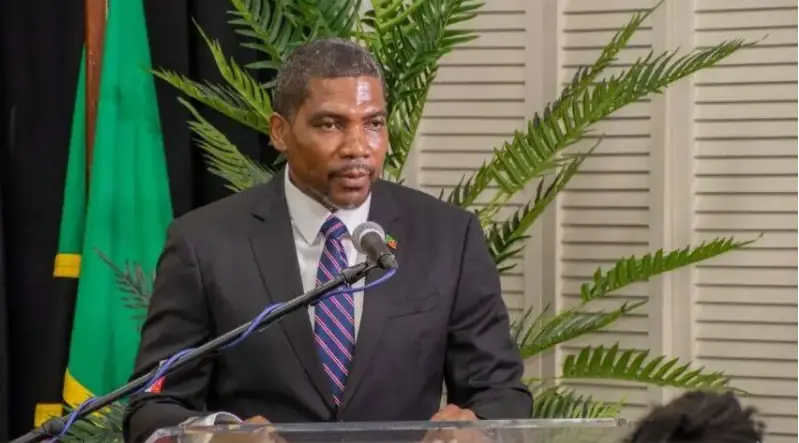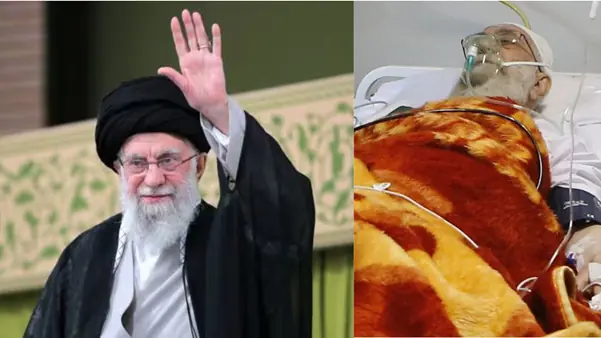Saint Lucia: Pre-hospital medical emergency services training provided to healthcare staff
Saint Lucia: With the aim of strengthening pre-hospital care standards in the country, the Respiratory Hospital is undertaking five-day training with fire personnel and emergency medical services EMS personnel on pre-hospital medical emergency services.
28th of July 2022

Saint Lucia: With the aim of strengthening pre-hospital care standards in the country, the Respiratory Hospital is undertaking five-day training with fire personnel and emergency medical services EMS personnel on pre-hospital medical emergency services.
The training will provide participants with the knowledge and skills to provide safe pre-hospital critical care to patients.
Medical Director of Respiratory Hospital Dr Alisha Eugene Ford says this training is long overdue and will enhance the knowledge of fire personnel and EMS personnel in ensuring the safe transfer of patients from the field to the hospital.
“We are aware that the Fire service officers, although they don’t fall under the Ministry of Health, we are aware that we need them because they do form part of the healthcare team. They are the ones responsible most times for taking the patient from the field where the injury has occurred or where the illness has started and brought them to the hospital. So, all need to work alongside them to ensure that when the patients come from the field, they do the necessary route so that when the patient comes to the hospital, we have a patient that we can work with so that we can get a good clinical outcome.”
Emergency Medical Technician (EMT) Specialist at the Respiratory Hospital Craig Herman says this training is very timely given that we are still managing a COVID-19 pandemic in Saint Lucia.
“With this training within the period of five days, after carnival, so if there is an increase in the number of cases that they are called to respond to, some of the instructional training that they are now receiving as it relates to pre-hospital care, pre-hospital guidelines and treatment of COVID-19 patients that can kick in and reinforce what is it that they are actually going to be called upon to do with regards to management and transport of any COVID-19 patients.”
Herman says this training will broaden the skills of the participants in their day-to-day duties of providing pre-hospital emergency care to patients.
“I think it will benefit the participants greatly. Some of them, a lot of the information we covered were things they had previously considered and now that they are being armed with the information. When they return to their normal duties, managing and transporting these patients, there is an increased measure of self-protection as far as enhanced PPEs, use of PPEs, the appropriate handling of specific types of patients such as the patients being nebulized, patients on the positive pressure ventilation as well as patients in cardiac arrest and being transported who may be COVID-19 suspected or COVID-19 positive who may have to go in cardiac arrest.”
The pre-hospital emergency medical services training focused on pre-hospital care, management of COVID-19 patients and pre-hospital guidelines, to name a few.
Latest
- Two Kittitian Youths to begin Technical Training in Germany under PM Drew’s International Skills Initiative
-
Ferry capsizes off Bali Coast: 4 Dead, Dozens missing after Vessel sinks in Rough Waters -
BTS announces comeback with new album and world tour in 2026 -
St Kitts and Nevis: PM Drew joins African President Tinubu for historic state visit and Parliamentary session -
Grenada: Explosion in Telescope destroys homes and injures several people
Related Articles

5th of December 2024

4th of December 2024

29th of November 2024

28th of November 2024

22nd of November 2024

22nd of November 2024

25th of November 2024

18th of November 2024
